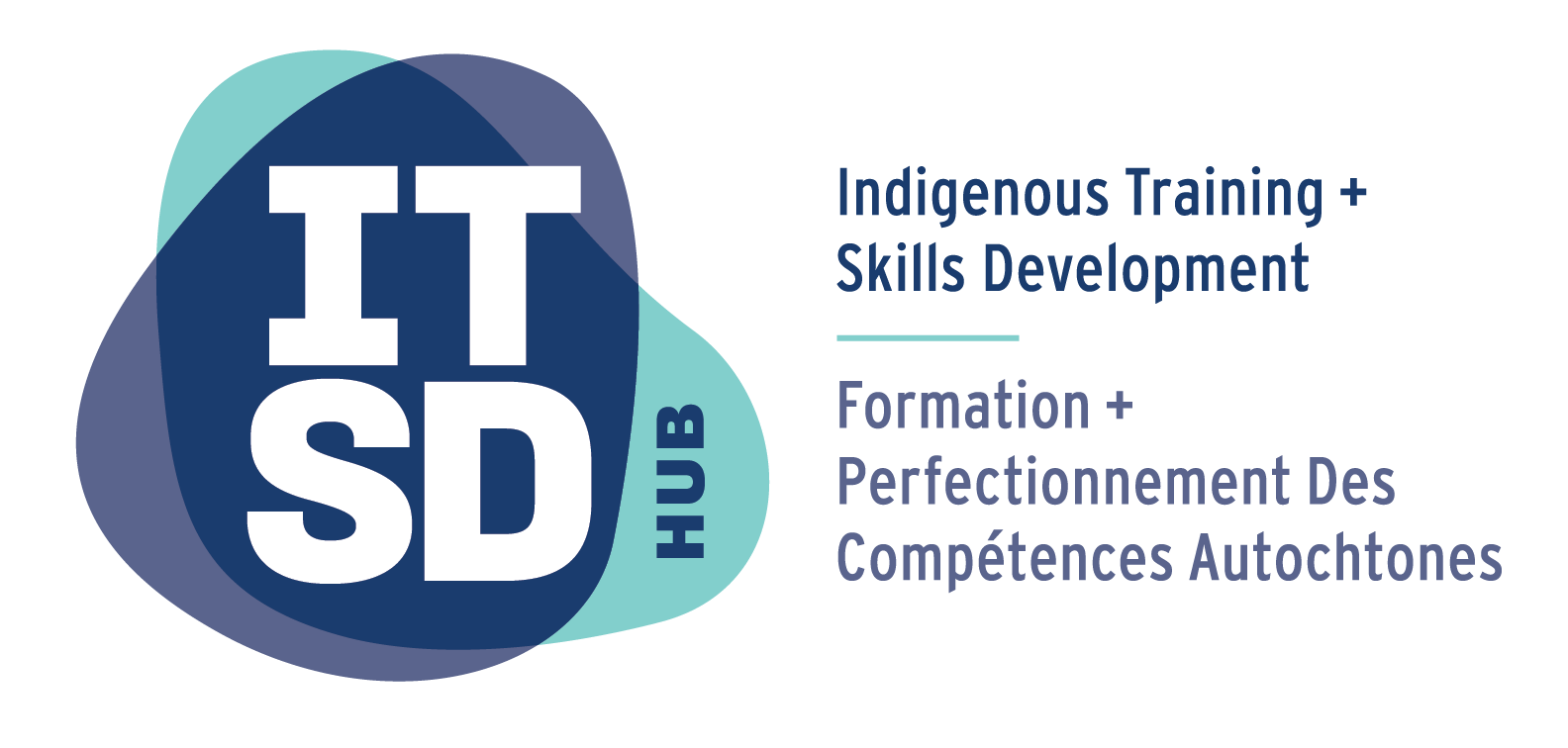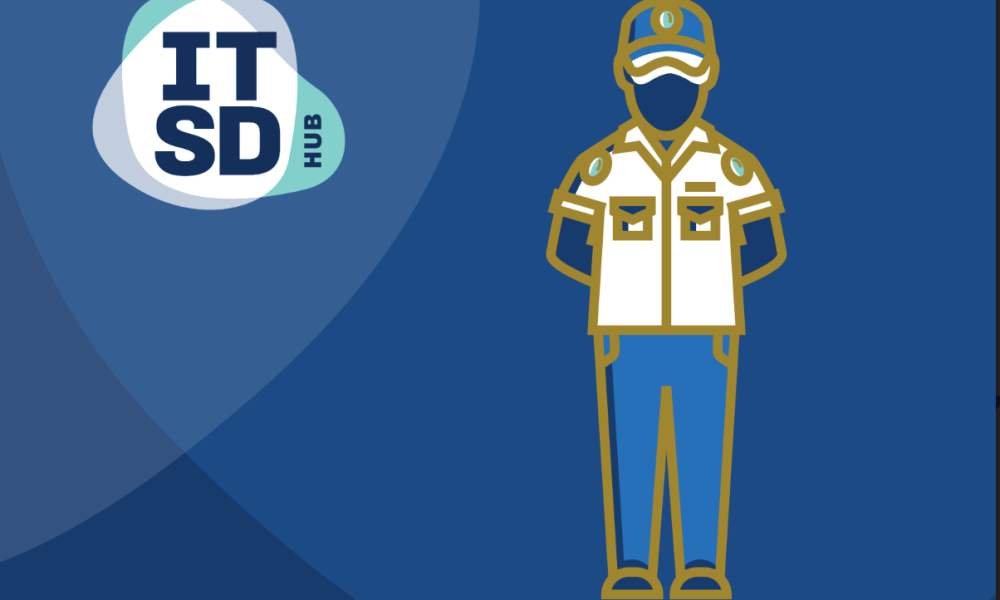Are you interested in safeguarding aquatic and marine resources and ensuring the sustainable management of fisheries in your community? A career as a fisheries guardian might be for you!
What is a fisheries guardian?
As a fisheries guardian, you are the eyes and ears of your community. Some key responsibilities include:
- resources are managed sustainably,
- rules and regulations are followed, and
- your community’s land and marine use agreements are implemented effectively.
A fisheries guardian’s work includes the following:
- gathering knowledge of the land and waters
- collecting data on the health of fish stock
- patrolling land and sea,
- educating community members.
All of these responsibilities aim to preserve marine and aquatic resources for current and future generations.
Bringing together the pieces for your career
Building your ideal career is a dynamic process that may be non-linear; there isn’t a single path or way to do it.
Instead, it’s a personal journey, where you get to bring together the pieces, such as:
- your Indigenous Knowledge and connection to culture,
- skills,
- experience, and
- education and community-based training.
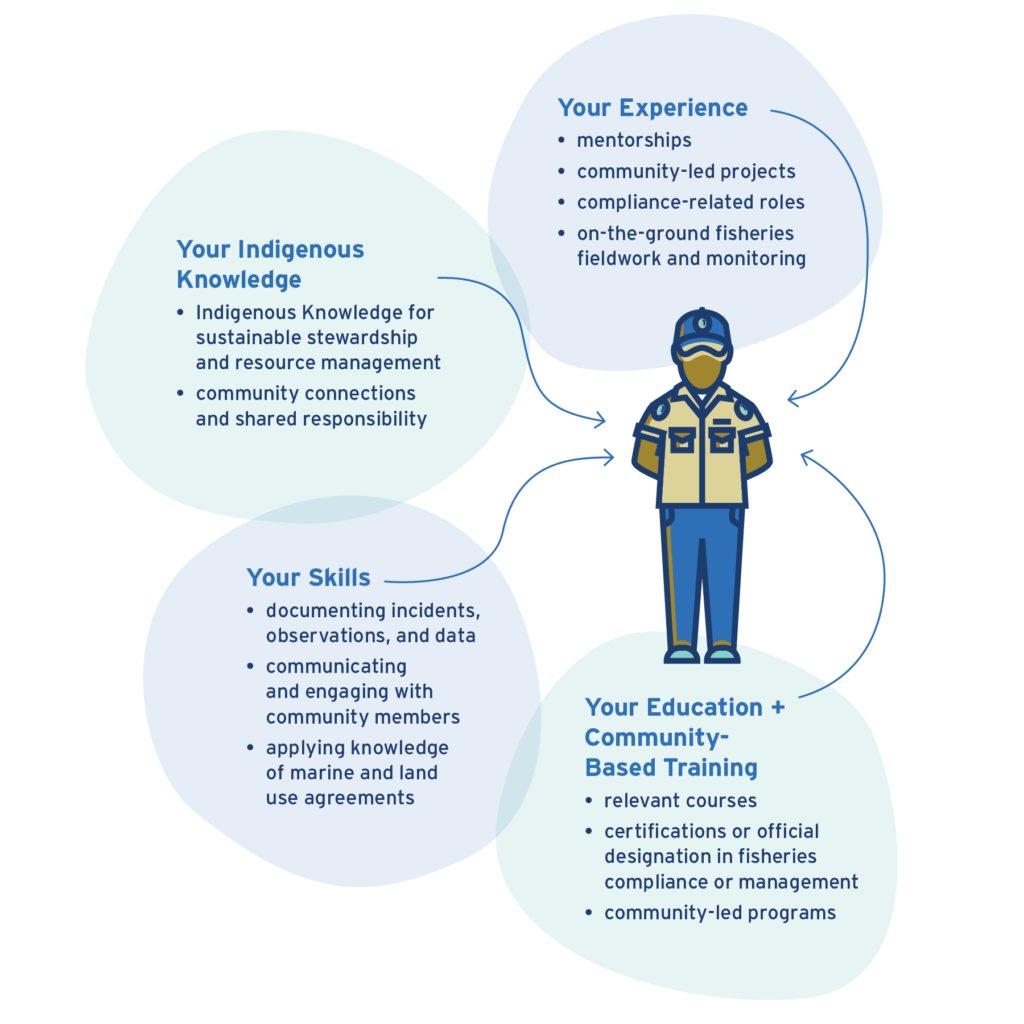
These pieces are as unique as you are. Your life experiences, personal connections, and core beliefs shape the pieces and how you assemble them.
Indigenous Knowledge
If you are aspiring to be a fisheries guardian, your Indigenous Knowledge can help shape your path. Rooted in the traditional teachings passed down through generations, this Knowledge equips you to make informed decisions about sustainable fishing, habitat conservation, and environmental stewardship.
Moreover, as a fisheries guardian, your Indigenous Knowledge empowers you to connect with your community, including Elders and youth.
This connection plays a crucial role not only to ensure compliance with your community’s traditions, values, and guidelines, but also to foster a sense of shared responsibility and cultural continuity.
Through this intergenerational exchange of Knowledge, you can navigate the complex terrain of fisheries management, while preserving and strengthening the bonds within your community.
Your role as a guardian goes beyond compliance; it is about weaving together knowledge, tradition, and community for the sustainable stewardship of aquatic and marine resources for future generations.
Skills
Skills reflect the practical abilities and expertise you bring to your community as a fisheries guardian.
Skills for this role include the following:
- documenting observations, incidents, and data accurately for record-keeping and reporting
- communicating and engaging with community members
- applying knowledge of marine and land use agreements
Experience
Experience can include practical experience and hands-on work experience you gain within your community.
Experience can include any of the following:
- mentorships
- community-led projects
- experience in compliance-related roles
- on-the-ground involvement in fisheries fieldwork and monitoring
As a fisheries guardian, your practical experience sharpens your technical skills and deepens your understanding of the interplay between your community, the environment, and responsible resource management.
Education and community-based training
Education and training include both formal learning and community-based development needed for your career.
Education and training may include the following:
- completing relevant courses
- obtaining certifications or official designation in fisheries compliance or management and
- participating in community-led training programs.
These components help you build on your knowledge to thrive in your position while upholding and respecting the values and traditions of your community.
As part of your education and training, you should complete the following safety certifications and courses:
First Aid Course
- Remote First Aid: Suitable for individuals who live or work in non-urban, remote or wilderness workplaces or communities.
Health and Safety Courses
- Bear Awareness: The primary purpose of this training is to increase your awareness and understanding of bears, their behaviour, and how to reduce the risk of negative bear encounters. Bear awareness training is a type of education that focuses on the behaviours and habits of bears, how to identify signs of their presence, and how to minimise the risks of hostile encounters.
- Workplace Hazardous Materials Information System (WHMIS): WHMIS is a comprehensive system for providing health and safety information on hazardous products intended for use, handling, or storage in Canadian workplaces.
- Chainsaw Safety: Chainsaws are one of the most effective tools used to harvest trees and remove barriers. Using a chainsaw can be dangerous so it is crucial that you know how to maintain one and use it properly to avoid damaging the equipment or causing injury to yourself or others.
- Global Positioning System (GPS) Training: While patrolling the land and sea you may come across an emergency or compliance situation that needs specialized personnel. The aim of this course is to introduce the principles of the Global Positioning System and to demonstrate its application to various aspects of Earth Sciences.
- Workplace Violence and Harassment: Fisheries technicians may face violence and harassment from coworkers or the public. Not only must employers, supervisors and workers be able to recognize these unwanted behaviours but they also must know their duties and responsibilities with respect to workplace violence and workplace harassment under the Occupational Health and Safety Regulations.
Water Specific Courses
- Small Vessel Operator Proficiency (SVOP): This is a Transport Canada approved online course for small vessel captains and crew.
- Restricted Operator Certificate – Maritime (Radio): The ROC-M course teaches emergency radio procedures and every day operating techniques.
- Swift Water Rescue Level 1: Swiftwater Safety Rescue Technician Level 1 course is designed for those that are required to be next to the water’s edge and in a low risk river environment.
Charting your career path as a fisheries guardian
Remember, education and career development is a lifelong journey!
Each piece of the journey will be unique to you, just as your experiences, connections, and values are unique to you.
Your Indigenous Knowledge informs your skills and is complemented by your training and education. Your practical experiences link theory and applications, allowing you to refine and deepen your expertise.
By bringing together these pieces, you can build a meaningful career as a fisheries guardian. You can also continue to build on your experience as a fisheries guardian to move into other roles in your career.
